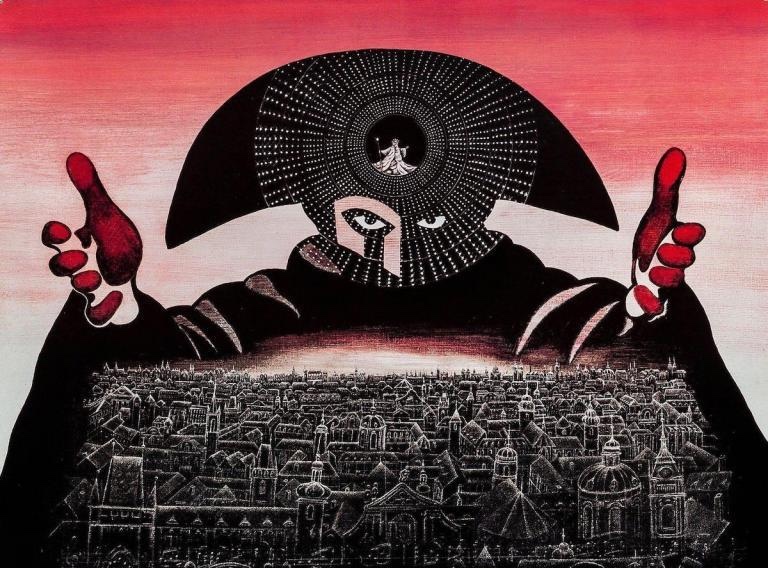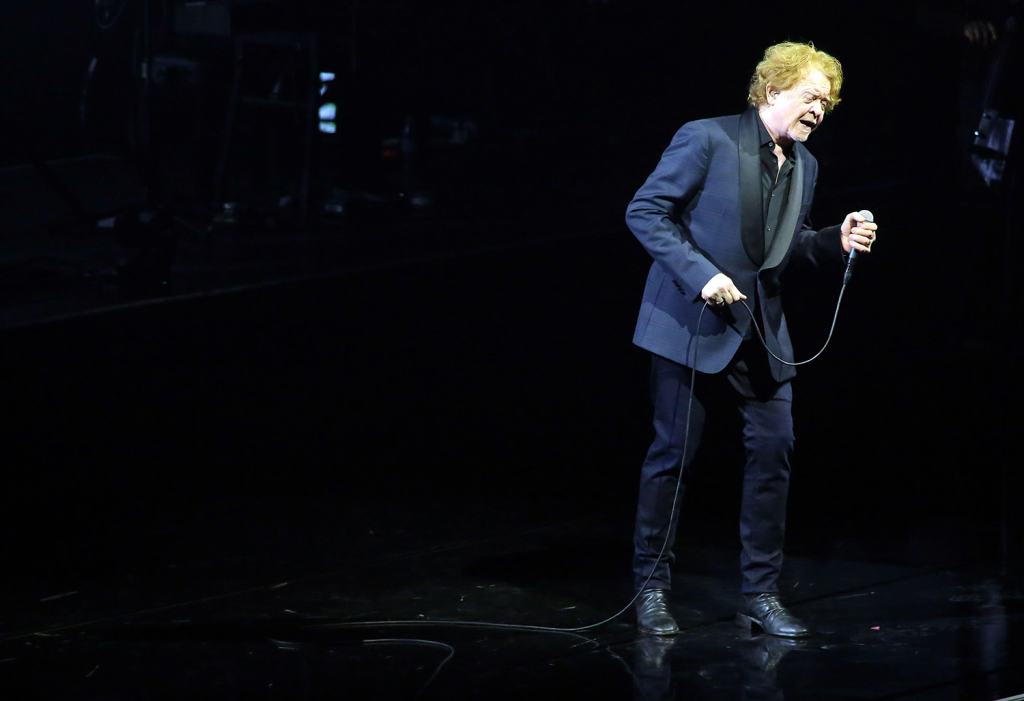At the close of Milos Forman’s Oscar-winning film, Amadeus, the central character, the terminally envious court composer Salieri, declares: ‘I speak for all mediocrities in the world. I am their champion. I am their patron saint.’ It’s one of the many memorable lines in the film, adapted from Peter Shaffer’s play, which revolves around the relationship between the decorous, respectable, well-connected Salieri and Mozart, who is portrayed as a near-insufferable upstart who has been given – unfathomably, in Salieri’s eyes – a musical talent that dwarfs everyone around him, not least the older man.
There is every chance that Amadeus will be rubbish, a classic cheapened by identity politics and made smaller, cheaper and shoddier than the peerless original. However, at the risk of causing a riot, I am more cautiously optimistic
It is rightly regarded as one of the classics of cinema, with Forman’s energetic direction purposefully undercutting the period trappings and glorious music – this is very much not from the Merchant-Ivory school of costume drama. Meanwhile, the various revivals of Shaffer’s 1979 play (most notably with Lucian Msamati as Salieri at the National, complete with on-stage orchestra) have served to remind grateful audiences that this is very much a classic drama. It skilfully updates Alexander Pushkin’s 1830 play Mozart and Salieri and has a great deal of fun with what little is known about historical fact. So why on earth bother remaking it?
It is a question that has, deservedly, been asked since the first brief teaser trailer for Sky’s television adaption of Amadeus was released. Black Doves writer Joe Barton’s ‘re-imagining’ of Shaffer’s drama casts Will Sharpe as the insatiably annoying Wolfgang Amadeus and none other than Paul Bettany as Salieri, who spends most of the 40-second preview looking understandably peeved at this upstart’s ability to upstage him and everyone else around him. Judging by the couple of lines of dialogue that can be heard in the trailer, Barton has thrown out most of Shaffer’s original play and screenplay. Mozart now sneers, ‘Oh yuck, who wrote this?’ of Salieri’s music, while his nemesis declares, portentously, ‘Diminish the man, and diminish the god.’
Understandably, the reaction towards the new series has been one of both bemusement and anger: ‘literally not a single person was asking for this’. One wag commented that it would be ‘an Amadeus movie but not as good as the one we already have’, and the consensus was not only that there is no need for a remake, but that the liberties that would undeniably be taken in both casting and storyline would be little less than a desecration of the original.
Inevitably, both lead actors came in for criticism: Bettany, because he has been more associated with lucrative but artistically negligible Marvel work in recent years, and Sharpe because he is half-Japanese. Graham Linehan commented on X that ‘how would you like to see Amadeus again, except this time Mozart is black! Me neither! Yet here it is!’ When it was pointed out that Sharpe is not, in fact, black, Linehan instead replied: ‘Apparently not but the point rrrremains! [sic]’
There is every chance that Amadeus will be rubbish, a classic cheapened by identity politics and made smaller, cheaper and shoddier than the peerless original. Certainly, nothing released so far has done anything to dispel such a suspicion. However, at the risk of causing a riot, I am more cautiously optimistic. Sharpe and Bettany are both estimable actors – if you haven’t seen the latter’s performance in Journey’s End, you’re missing something remarkable – and easily have the thespian ability to rise to this particular duel. A supporting cast including the likes of Rory Kinnear (as the vain Emperor Joseph) and Lucy Cohu (as Mozart’s wife Constanze) promises good things. And ‘re-imaginings’ can be their own beast, too. Few had any expectations of the Eddie Redmayne remake of Day of the Jackal when it came on Sky last year, but it ended up being a taut, gripping thriller that took the late Frederick Forsyth’s original in new and surprising directions.
Still, the question of ‘why bother’ does indeed hang over this enterprise. There is every chance that, when the series does arrive, it will be as mediocre as Salieri himself. If this does indeed happen, few will hold back in sounding its Requiem mass.







Comments